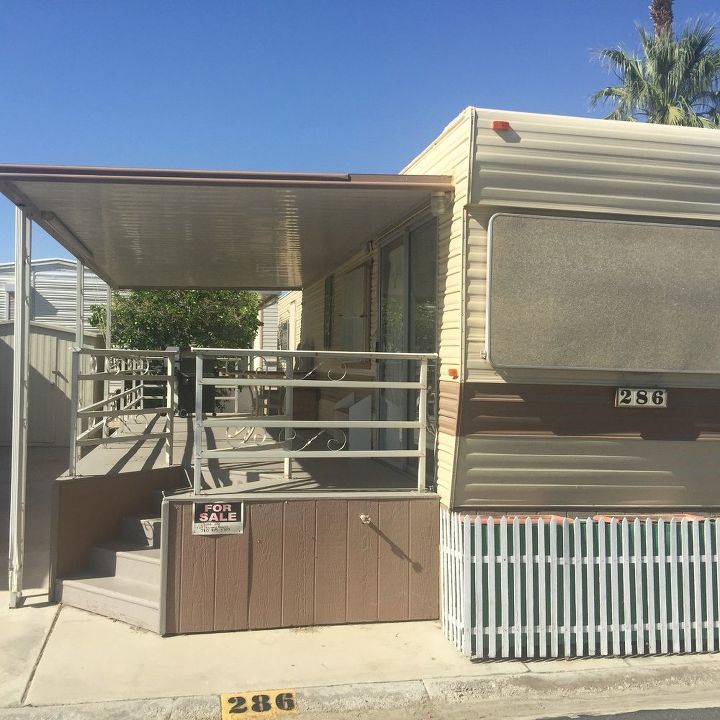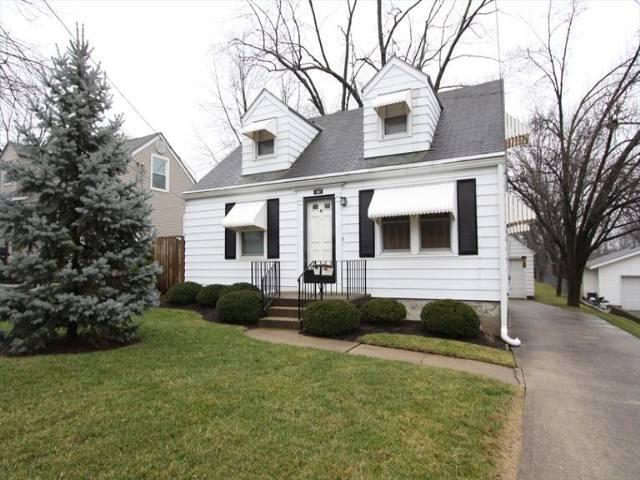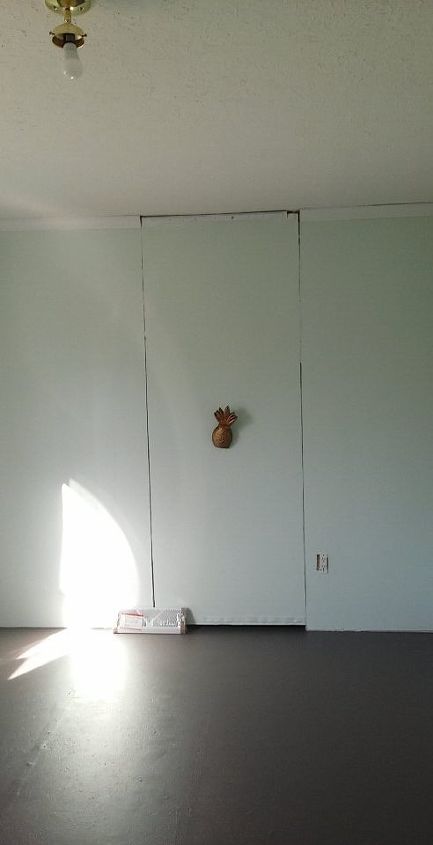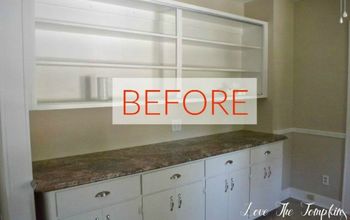What do I look out for when buying a used mobile home?

Related Discussions
Vinyl plank flooring vs pergo (laminate)
I currently have stinky dirty carpeting in my living room and I want to replace it with a durable flooring that can stand up to dogs and kids.
How to remove popcorn ceiling that has been painted?
Does having a paint over a popcorn ceiling change how I'd remove the popcorn ceiling?
How to apply peel and stick wallpaper?
I want to spruce up my walls with peel-and-stick wallpaper. Has anyone used this before and can advise me as to how to apply it properly?
How to stain wood floor?
I've heard staining is a good technique for updating floors. So how do I stain my wood floor?
1952 Cape Cod.
I need some advise on what I can do to improve the looks of my house. I need door, window and landscape suggestions. The house will remain white as I am on a budget. ... See more
How can I make this hidden door more hidden and less hideous?
I have a hidden door though it doesn't look so hidden at the moment and I like the appeal of a hidden door. We do need to use the door, but not often. This is in a b... See more




Hello, I would ask how old the high ticket items are like the hot water tank and furnace. They will be some of priciest things to replace. If they have not been replaced, have they been checked out recently.
Owning the home and ground is similar to a condo type situation. Get a copy of the by-laws, rules and regulations. Find out how property tax is paid too. Hire a home inspector that specializes in mobile homes and perform an inspection, just as you would do on a typical single family home. Even though the people seem nice and honest, do your homework, it is always buyer beware, especially in CA. My in laws were in 3 different 55 and over parks in San Marcos for many years and we were so grateful, as they do look out for each other. Haggle and negotiate as if any other real estate transaction. Keep us posted and if you need anything, we are here for you!
An older mobile should have a new coating of roofing tar on the roof. Sometimes, the mobiles get remodeled and have drywall instead of the standard panels. The drywall is much quieter and you can hang pictures on it etc.
look for stains seeping through ceilings or along base boards if any to make sure there was no water leaks. If any moisture had build up in warmer climates mold will start to form, can very much be a health concern.
Start by writing down all the questions you have, and ask them when your looking for a mobile home. I would get an inspection of the mobile home you are set on, provided the owner doesn't object. Since you covered most of what to ask, there are still unanswered questions. Don't jump in too quickly, be sure you feel safe about your choice. Also ask about insurance, if you take a mortgage, maybe you want to take insurance on the mortgage, etc. Good Luck!
No matter how nice the people are, no matter what the trailer appears have a professional inspection. My mobile home looked very nice. The inspection turned up five pages of what was wrong.
Check with the police department to see if they get a lot of calls to that park. You don't want to have criminal neighbors.
All of the above are great answers. The best answer is to get an inspection. If the owner objects, don't buy it. If the window sill doesn't have marble on it then their is probably water damage. Mobile homes are above ground so you usually don't have to worry about water there but water damage from above is always a possibility. if possible, talk to the owner about any repairs that have been made and when. If your not transporting the home, check out the neighborhood (take a drive by both day and night). Good luck
PS. Sorry, forgot to mention that if you are staying in the community be sure to check out the HOA. Some of them are VERY strict. You can't even hang out a flag.
The inspection is the best idea and make sure it includes the underlying water lines. Apparently the old PCV piping is not up to today’s standards and I had to replace all of the water pipes under my home within the first 6 months. Especially important if the home has been unoccupied for a while.
I love mobile home living, but it has some unique differences.
"value",.. really what is it worth? are you buying the plot, and then paying a premium for the old almost worthless trailer.. trailers lose value rapidly.. they were never designed to be lived in,. just used and scrapped. get professional inspections and appraisals. Not someones opinion of what they think they are worth. Some communities restrict secondary sales and you may end up with a legal mess and an old trailer that you can not live in. (good luck. leaks / rot. take away from value)
We looked through various mobile home communities and learned a little about what we should look for and what we wanted from a community or didn't want. We bought ours "as is" turned out we had to put in a new air conditioner.
Still we enjoy the camaraderie and quietness of our 55+ community.
You might want to have someone out to check the air conditioner and also have someone come out to see if the home is level. One clue would be doors that don't stay shut or open.
Soft spots on the flooring! Dead Animals under the skirting, always make sure it is tight and no holes or animals will go in there and set up house.
Look for leaks in the ceiling. Also check the electrical system and the plumbing before you buy.
Make sure the mobile home is insulated, check for damage covered by paint-like a ceiling roof leak, the heating/cooling system,